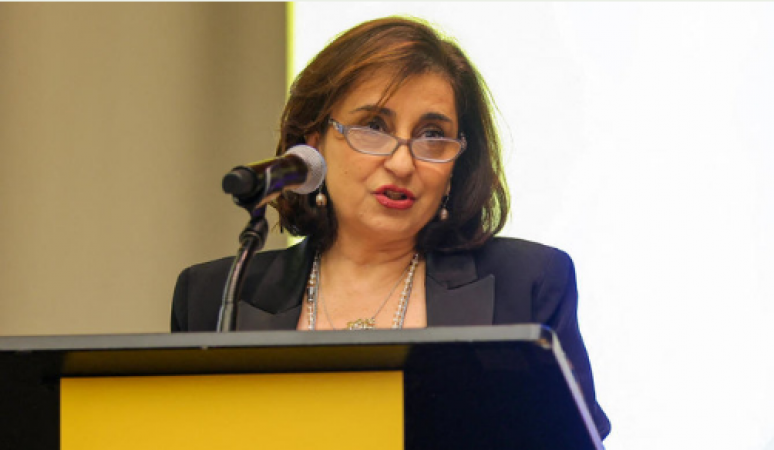
UNO: On Saturday, the UN's top global organisation promoting gender equality called for extensive efforts to narrow the gap between men and women in today's technologically advanced world and urged zero tolerance for gender-based violence and online harassment.
The Commission on the Status of Women expressed serious concern about the connection between offline and online violence, harassment, and discrimination against women and girls and condemned the rise in these acts in a document that was unanimously approved at the conclusion of a two-week meeting after all-night negotiations.
The public and private sectors were urged to significantly increase their investments in order to close the gender digital divide. It also urged the elimination of obstacles that prevent all women and girls from having equal access to digital technology as well as the creation of new policies and initiatives to achieve gender parity in cutting-edge scientific and technological fields.
Also Read: Serbia and Kosovo have agreed on how to carry out the EU plan,
The document serves as a guide for a more equal and connected world for women and girls, according to Sima Bahous, executive director of UN Women, a branch of the UN that focuses on gender equality and women's empowerment. She stated that it is now up to governments, business, civil society, and youth to make the blueprint "a reality for all women and girls."
The UN Secretary-General Antonio Guterres stated at the beginning of the commission's two-week meeting that its focus was extremely important because women and girls are being left behind as technology advances rapidly.
The majority of the three billion people who are still offline online are women and girls in developing nations, and only 19% of women are online in the least developed nations, according to Guterres. Only one-third of students studying STEM fields worldwide are female, and men outnumber women in the tech sector by a ratio of two to one.
Bahous stated during the opening meeting that the "digital divide has become the new face of gender inequality," with 259 million more men than women using the internet in 2017. She also cited research showing that three-quarters of female journalists from 125 countries had experienced online harassment at work and that a third of them had resorted to self-censorship as a result.
Also Read: Kazakhstan begins snap parliamentary elections
In order for women and girls to succeed in the quickly changing world, the "agreed conclusions" document, which was adopted on Saturday by the 45-member commission, calls for equal quality education for them in the fields of science, technology, engineering, mathematics, information and communications technology, and digital literacy.
The 93-paragraph document was the subject of protracted negotiations, according to UN diplomats, during which Russia, Indonesia, Malaysia, and the Holy See objected to language regarding women's rights. Cuba, China, and Indonesia also objected to language regarding human rights. Speaking under the condition of anonymity because negotiations were taking place behind closed doors, they claimed that there were also heated discussions about the terminology used to describe gender-based violence.
In the final document, it is reiterated that women's human rights include the right to control and make decisions "on matters relating to their sexuality, including their sexual and reproductive health, free from discrimination, coercion, and violence," as stated in the 1995 Beijing platform adopted by 189 countries.
Also Read: Visitors wishing to see the Arizona Falls are displaced due to flooding
According to diplomats, Israel's vehement opposition and Pakistan's insistence on including a reference to "foreign occupation" in the text prevented agreement. Before the document was adopted, Pakistan's representative expressed regret that the needs and priorities of women from developing countries who were experiencing humanitarian crises, such as foreign occupation, were not addressed in the reference.